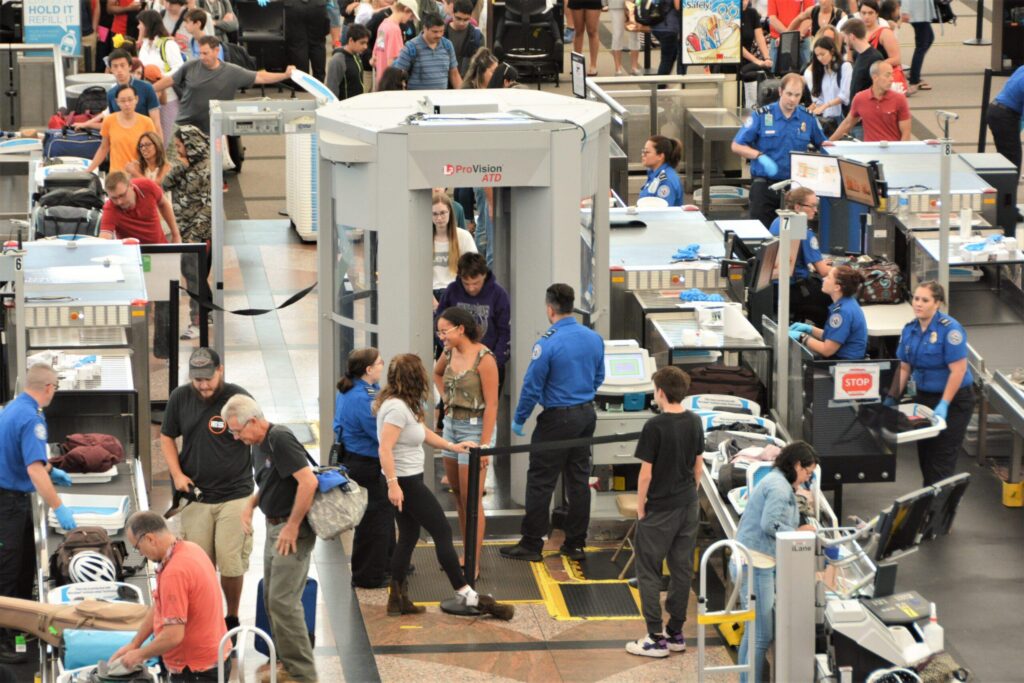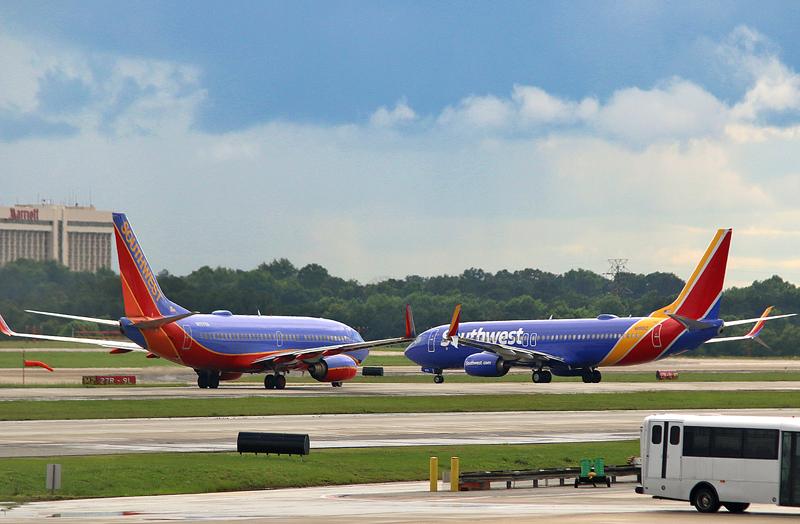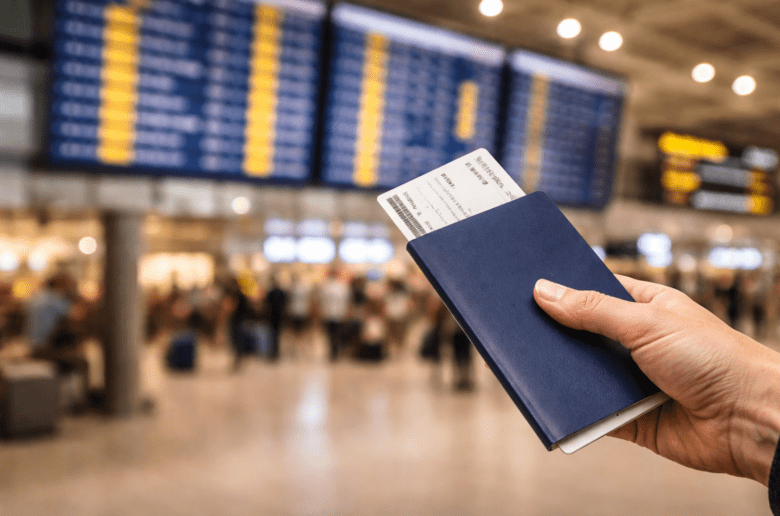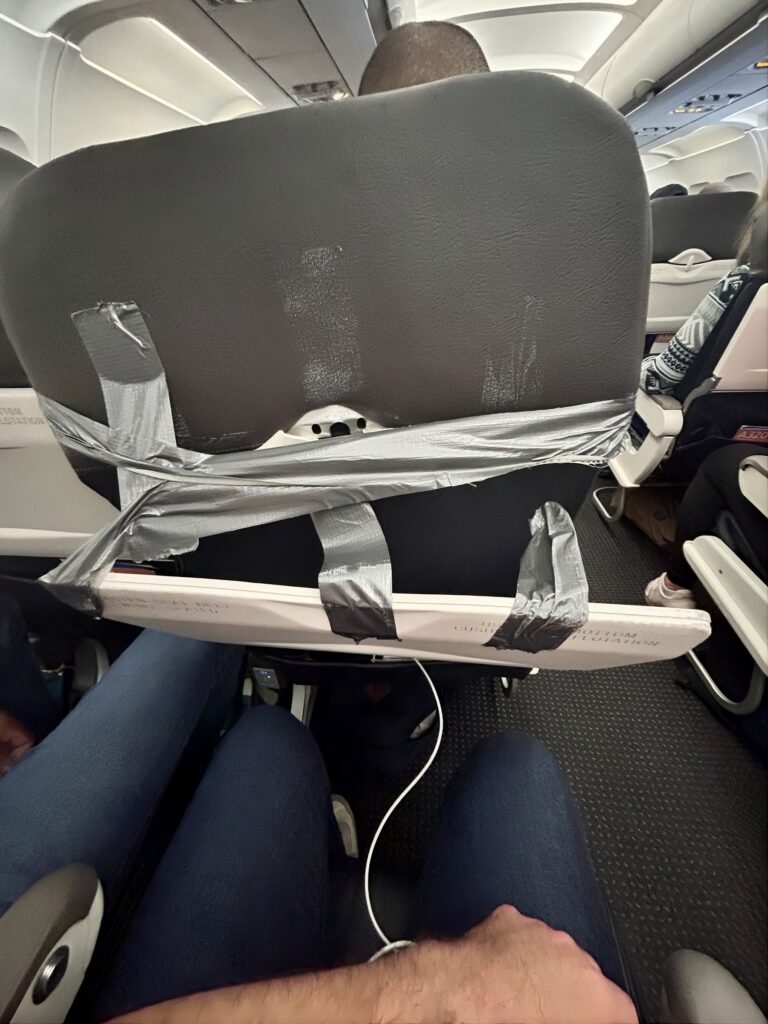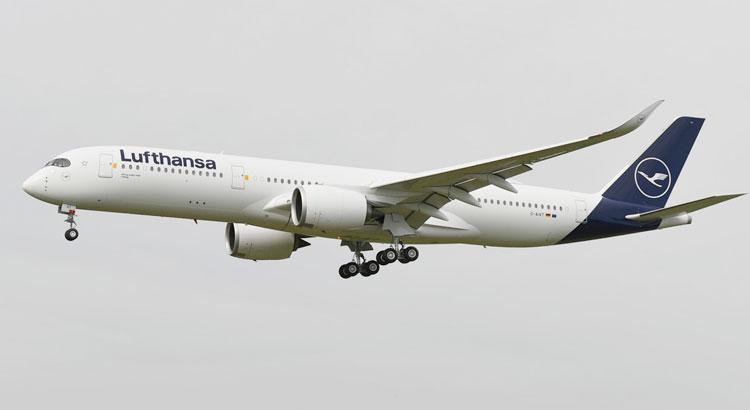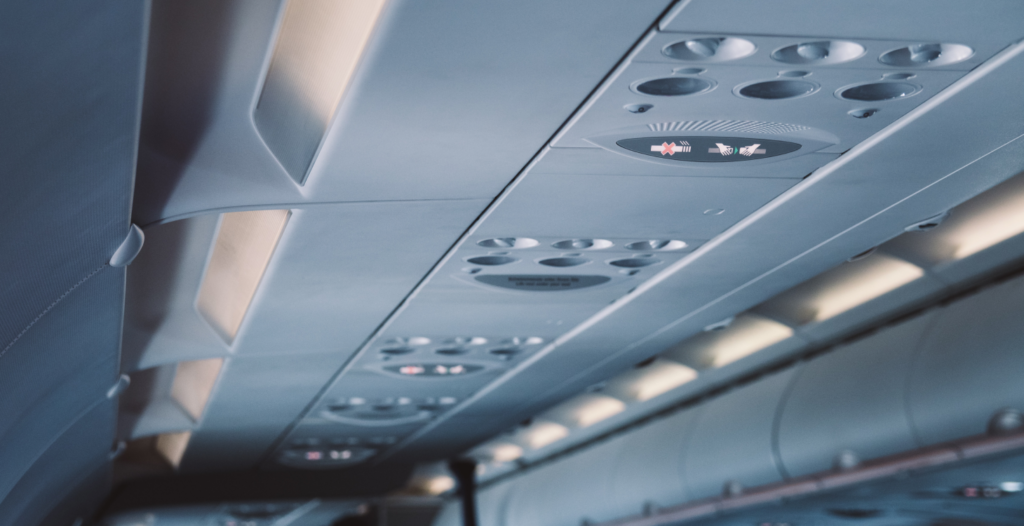Here’s Exactly What You Need to Do When Airlines Lose Your Luggage
Traveling can be an exhilarating experience, but nothing dampens the excitement more than arriving at your destination only to find that your luggage hasn’t made the trip with you. Lost luggage is a common issue faced by many travelers, and knowing how to handle the situation can save you time and stress. This comprehensive guide will walk you through the exact steps you need to take when airlines lose your luggage, ensuring you’re well-prepared to tackle this inconvenience head-on.
Immediate Steps to Take at the Airport
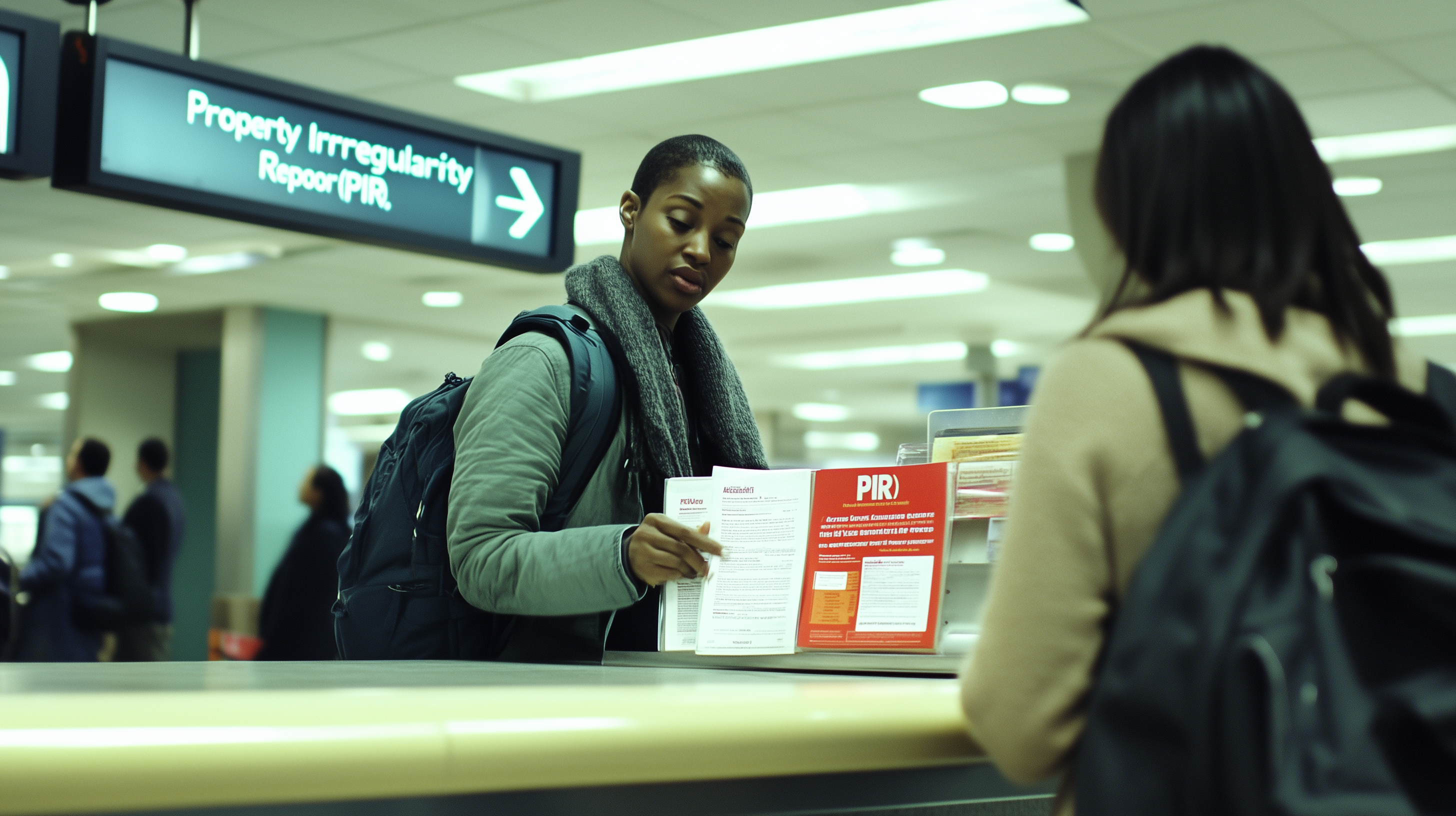
As soon as you realize your luggage is missing, it’s crucial to act promptly while still at the airport. Head straight to the airline’s baggage service office, usually located near the baggage claim area. Reporting the issue immediately increases the chances of recovering your luggage quickly. Provide the airline representative with your baggage claim ticket and detailed information about your luggage, including any distinctive features that can aid in its identification.
Ensure that you fill out a Property Irregularity Report (PIR) before leaving the airport. This report is essential for tracking your luggage and serves as an official record of the incident. Keep a copy of the PIR and note down any reference numbers provided by the airline, as you’ll need these for future correspondence.
While at the counter, inquire about the airline’s policy on delayed luggage. Some airlines offer immediate compensation for necessities like toiletries and clothing, which can alleviate some immediate inconveniences. For example, Delta Air Lines and United Airlines provide guidelines on what passengers are entitled to in such situations. Familiarize yourself with what you’re entitled to so you can make necessary purchases without worrying about out-of-pocket expenses.
Before leaving the airport, make sure to provide the airline with accurate contact information. Give them your local address if you’re traveling or your home address if you’re returning. Accurate contact details ensure that the airline can reach you promptly once your luggage is found.
Filing a Lost Luggage Report
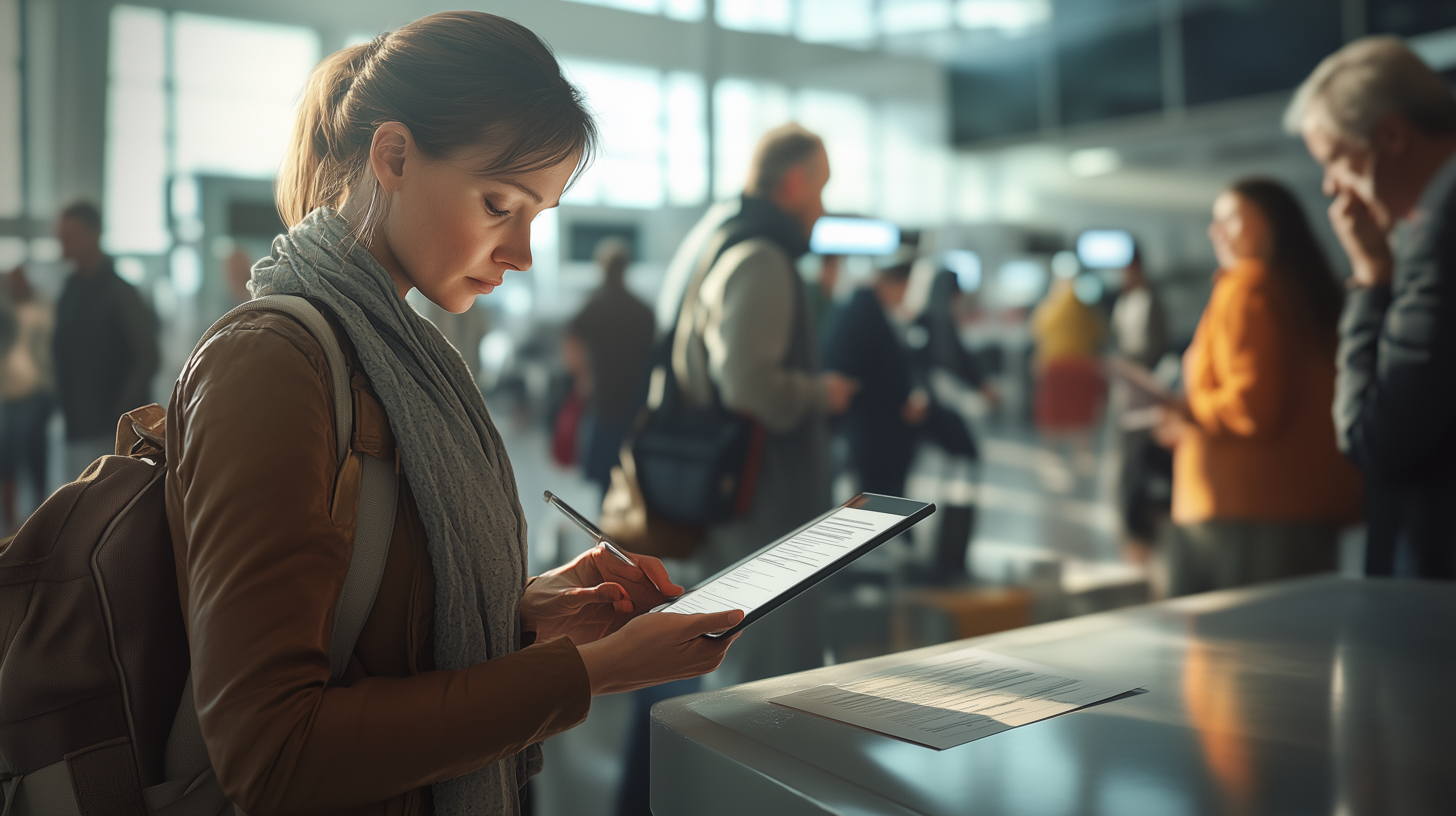
Filing a detailed lost luggage report is a critical step in the recovery process. This report should include a comprehensive list of items in your luggage, especially any valuable or essential items. Being thorough can expedite the search process, as it provides the airline with more information to locate your belongings.
It’s advisable to file the report both in person and online if the airline offers this option. For instance, American Airlines allows passengers to report missing bags online. Online filings can sometimes be processed faster and provide you with digital records of your submission. Ensure that you receive a confirmation email or reference number for your online report.
Keep copies of all correspondence with the airline, including emails, reports, and receipts for any expenses incurred due to the loss. This documentation will be vital if you need to file a claim for compensation later on. Remember, having a paper trail strengthens your position in case of disputes.
Stay proactive by following up with the airline regularly. Regular communication can keep your case active and demonstrates your determination to resolve the issue. Be polite but assertive in your interactions to ensure your concerns are taken seriously.
Know Your Rights and Airline Policies
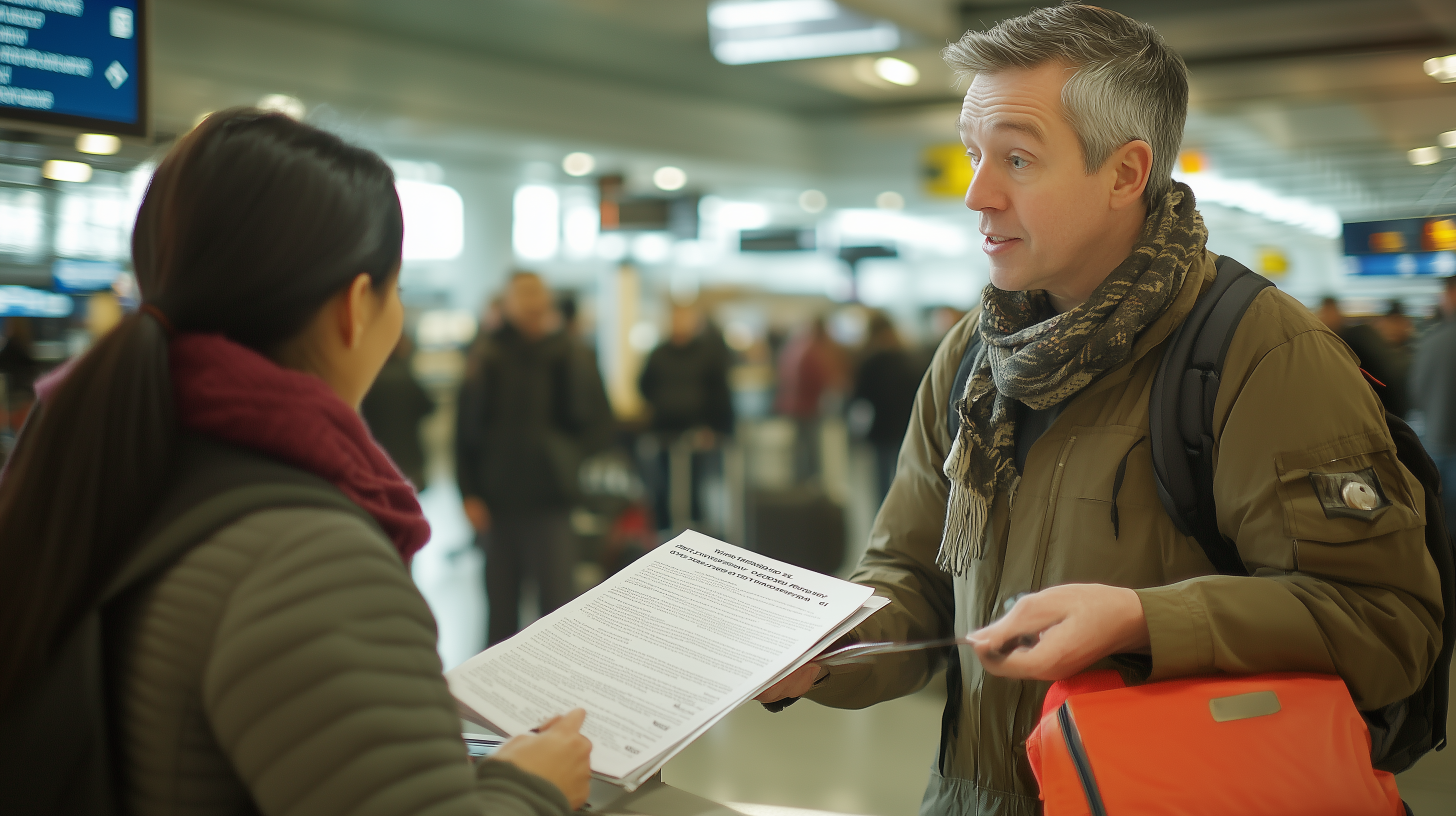
Understanding your rights as a passenger is essential when dealing with lost luggage. Airlines are subject to regulations that protect consumers, such as those enforced by the U.S. Department of Transportation. Familiarize yourself with these regulations to ensure the airline meets its obligations.
Each airline has its own policies regarding lost or delayed luggage. Review the airline’s Contract of Carriage, which outlines their responsibilities and your rights. This document is typically available on the airline’s official website. Knowing the specifics can help you claim what you’re entitled to without unnecessary hassle.
Be aware of the compensation limits for lost luggage. In the United States, airlines are liable for up to $3,800 for domestic flights, but international flights may have different limits under the Montreal Convention. Understanding these limits can help you manage your expectations and plan accordingly.
If the airline is uncooperative or denies your claim unjustly, you have the right to escalate the issue. You can file a complaint with the Department of Transportation or seek legal advice if necessary. Standing up for your rights can make a significant difference in the outcome of your case.
Tracking Your Luggage
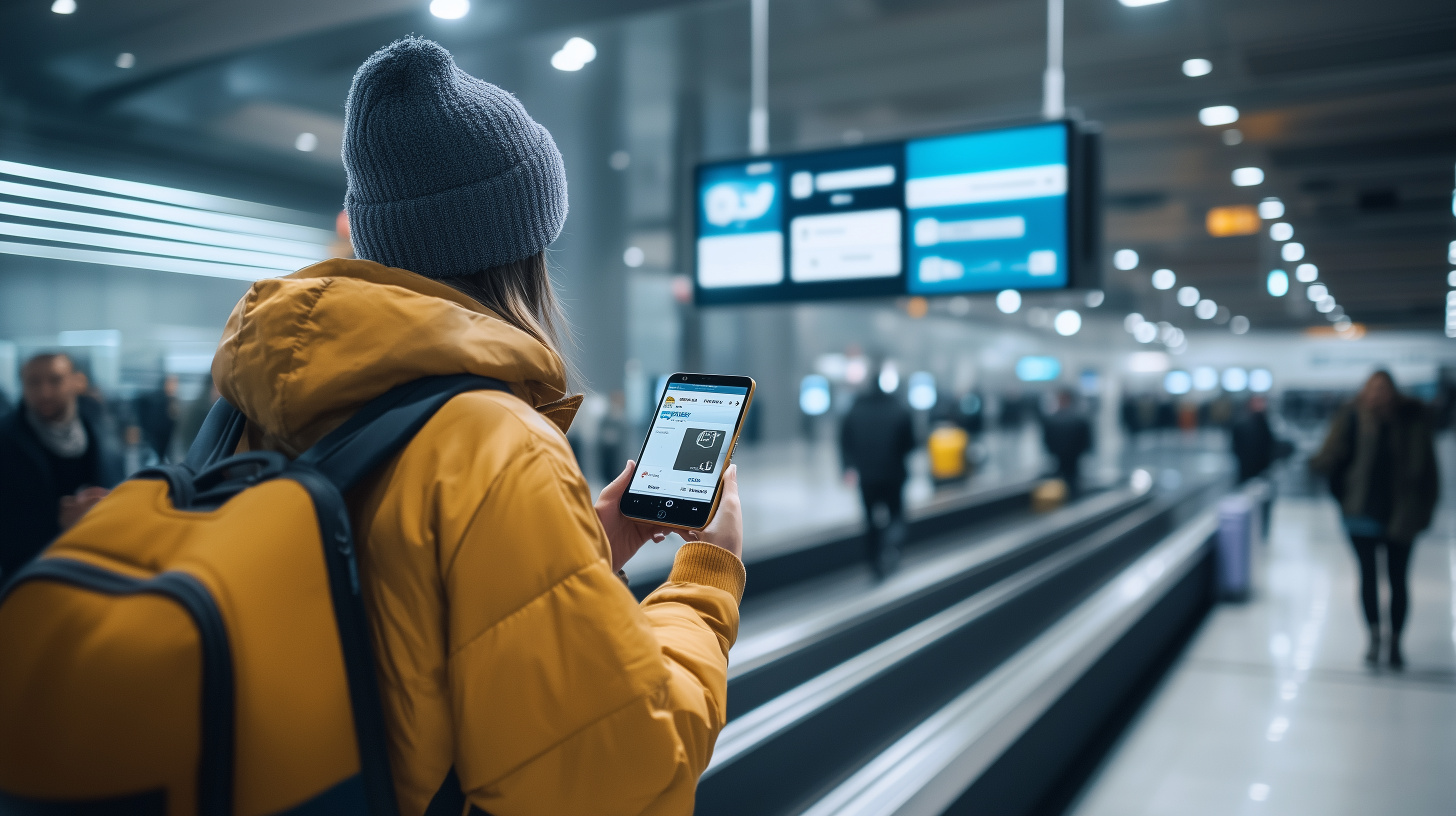
Advancements in technology have made tracking lost luggage more manageable than ever. Airlines often provide online tracking tools where you can monitor the status of your missing bags. For example, WorldTracer is a global baggage tracing system used by many airlines. Utilize these tools regularly to stay updated on any progress.
Consider using smart luggage tags or GPS tracking devices on your bags. Products like Apple AirTag or Tile trackers can provide real-time location data, making it easier to locate your luggage independently. However, always comply with airline regulations regarding electronic devices in checked baggage.
Social media can also be a powerful tool. Airlines monitor their social media channels and may respond more quickly to public inquiries. A polite message or tweet to the airline’s official 𝕏 or Facebook page can sometimes expedite assistance. Just be sure to avoid sharing personal details publicly.
Stay patient but persistent. Recovering lost luggage can take time, but regular follow-ups and utilizing all available tracking methods increase the likelihood of a positive outcome.
Claiming Compensation

If your luggage is declared lost, you’re entitled to compensation from the airline. Begin the claims process by submitting a detailed list of the contents and their estimated values. Include receipts if possible, as they can substantiate your claim and expedite the compensation process.
Be mindful of the deadlines for filing a compensation claim. Airlines have specific time frames within which claims must be submitted, often within 21 days for delayed baggage and sooner for lost baggage. Missing these deadlines can forfeit your right to compensation. Refer to resources like SmarterTravel for detailed guidelines on claim deadlines for European airports.
Check if your travel insurance covers lost luggage. Policies vary, but many provide coverage that can supplement or exceed airline compensation. Contact your insurance provider promptly to understand your coverage and begin any necessary claims. Companies like Allianz Travel Insurance offer plans that include baggage protection.
Credit cards used to purchase your flight may offer additional protection. Cards from companies like Visa, Mastercard, or American Express often include travel benefits. Review your card’s policy or contact customer service to see if you qualify for extra compensation.
Preventive Measures for Future Travel
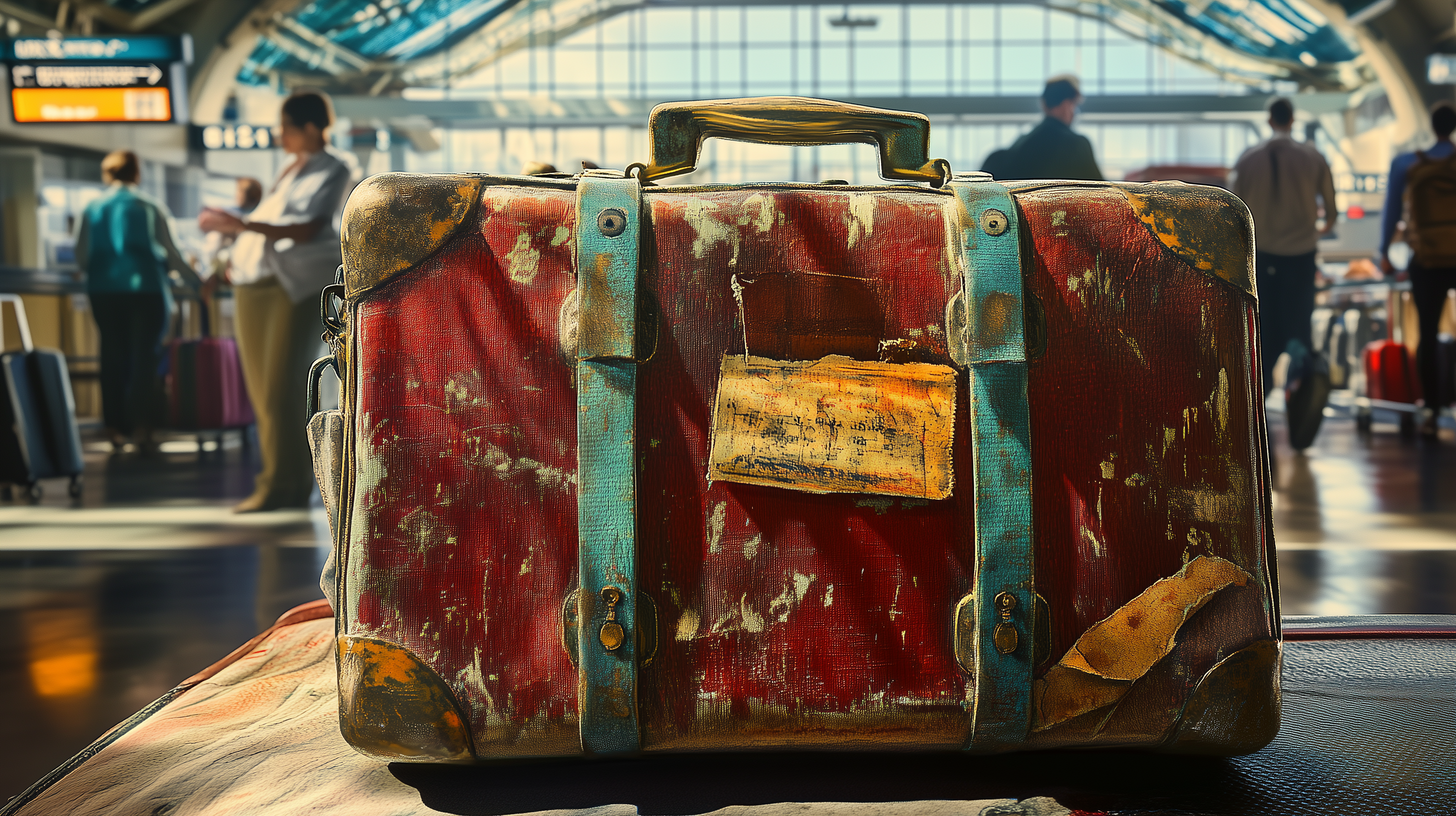
While you can’t eliminate the risk of lost luggage entirely, certain precautions can reduce the likelihood or impact. Always label your bags with up-to-date contact information, both on the outside and inside. Including your itinerary can also help airline staff reroute your luggage if it goes astray. Consider using durable luggage tags like those from visitag.
Consider using distinctive luggage or adding unique identifiers like colorful straps or stickers. This not only makes your bag easily recognizable on the carousel but also reduces the chance of someone else taking it by mistake. Products like luggage straps and tags can add both security and style to your bags.
Pack essential items and a change of clothes in your carry-on bag. This ensures you have necessities if your checked luggage is delayed. Remember to comply with carry-on restrictions, especially regarding liquids and prohibited items. The Transportation Security Administration (TSA) provides a comprehensive list of what you can bring on a plane.
Finally, arrive at the airport early to allow ample time for your luggage to be properly loaded. Late check-ins can increase the risk of your bags not making it onto the flight. Being proactive can make your travel experience smoother and less stressful.
Conclusion
Dealing with lost luggage is undoubtedly frustrating, but knowing the exact steps to take can alleviate much of the stress involved. Acting promptly, understanding your rights, and staying proactive are key to resolving the issue efficiently. Remember, preparation is your best defense against the inconveniences of travel mishaps. For additional information on travel tips and insights, as well as more tips on hassle-free travel, explore more here on BoardingArea.


